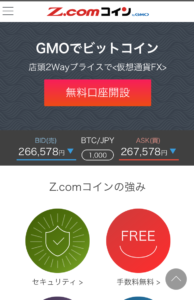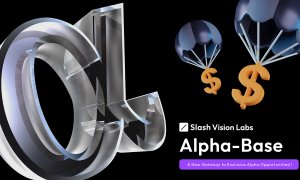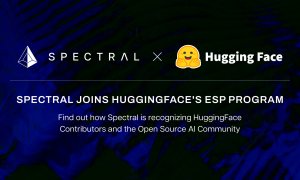GMO-Z.com Coin finally launches, plans addition of Ethereum
After a short delay, GMO-Z.com Coin has started offering full-scale services, including virtual currency trading.

GMO Internet Inc. (TYO:9449) has just announced the full-scale launch of its crypto-currency exchange business GMO-Z.com Coin. The start was delayed earlier this month, due to an increase in volumes of bitcoin transactions, which, in its turn, required GMO to adjust the system and perform additional checks for its security and stability.
 Today, the website of the service re-emerged with new functionalities including virtual currency trading. Owners of computers and smartphones are now able to access the full lineup of services, as long as they have the relevant accounts, of course.
Today, the website of the service re-emerged with new functionalities including virtual currency trading. Owners of computers and smartphones are now able to access the full lineup of services, as long as they have the relevant accounts, of course.
For the time being, GMO-Z.com Coin offers trading in Bitcoin but promises that it will soon increase the lineup. The next addition is set to be Ethereum.
The protection measures against bitcoin theft include multi-level identification procedure, account verification procedures and cold storage methods.
GMO – Z.com Coin began accepting applications for trading accounts on May 9, 2017. The surging interest in bitcoin among traders, as well as the new Japanese regulations for the virtual currencies (including favourable tax treatment) are one the list of factors explaining why the launch is a solid business move.
GMO – Z.com Coin Co., Ltd. was founded in October 2016 in order to develop GMO Internet’s virtual currency exchange and trading business. In November 2016, GMO started conducting tests for virtual currency trading services and since then the company has been preparing for the launch of full-scale operations.
This is not GMO’s first push into the world of crypto-currencies and the related blockchain technology. In February 2016, for instance, GMO Internet entered into a business partnership with Tech Bureau to build a back-end engine for games based on Tech Bureau’s private blockchain technology.
The attention of many Japanese businesses has been on blockchain lately. In the end of November last year, Tokyo Stock Exchange, Inc. (TSE) announced that TSE, Osaka Exchange, Inc. (OSE) and Japan Securities Clearing Corporation (JSCC) were setting up a consortium of Japanese financial institutions to continue conducting proof of concept (PoC) testing and study the possibility of applying blockchain or distributed ledger technology (DLT) to capital market infrastructure both from technical and operational perspectives.









